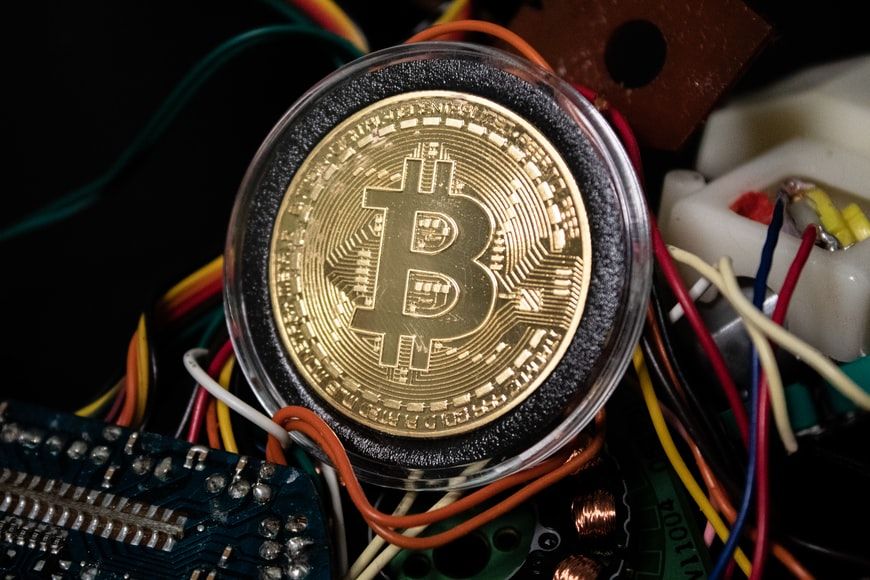As capacity recovers, mining difficulty is expected to increase this weekend, but miners won’t be discouraged given Bitcoin prices. The hashrate of the flagship crypto, which measures network computing power, has almost fully recovered to its level in May, when China cracked down on the industry, CoinDesk wrote.
China was the biggest Bitcoin mining country in the world at that time, accounting for almost three-quarters of the global hashrate, according to the Bitcoin Mining Electricity Index.
Rate dropped in half between May and June
The global hashrate dropped by around 50% from May to June this year as Chinese miners fled the country. It has been growing steadily since. These miners appear to have set up shop overseas, particularly in North America. The hashrate has averaged 182.83 exahashes per second over the past three days, almost at the peak of 190.55 EH/s in May according to BTC.com data.
The hashrate is directly proportional to mining difficulty because the time needed to mine one bitcoin block has to remain fairly constant. On November 28, the difficulty dropped by almost 2% after nine increases in a row. According to experts quoted by CoinDesk, the drop coincided with widespread domain name service attacks on Chinese mining pools.
Jaran Mellerud from Arcane Research, who expects the difficulty to increase by 7% this weekend, commented:
Even after that adjustment, mining is still so profitable that everyone and their grandma will want to plug in their machines as fast as possible. It definitely looks like the hashrate will hit an all-time high before the new year, unless we get another brutal bitcoin sell-off shortly after the next difficulty adjustment.
Major mining pools facing connectivity issues
At the end of last month, CoinDesk reported that major mining pools like ViaBTC and Binance Pool were experiencing connectivity problems. According to Binance and Poolin, another affected pool, DNS pollution caused the issue. According to F2pool, the pool’s domain name is not being properly resolved.
What does DNS have to do with it?
DNS is the internet service that converts domain name into internet protocol (IP) addresses, which are a series of numbers. We can experience DNS pollution when a hacker redirects traffic from the domain name to an imposter website.
ViaBTC users wrote on Telegram that they were having trouble accessing the pool. ViaBTC took note of the issue on its English Telegram channel, but did not mention DNS connectivity problems.









